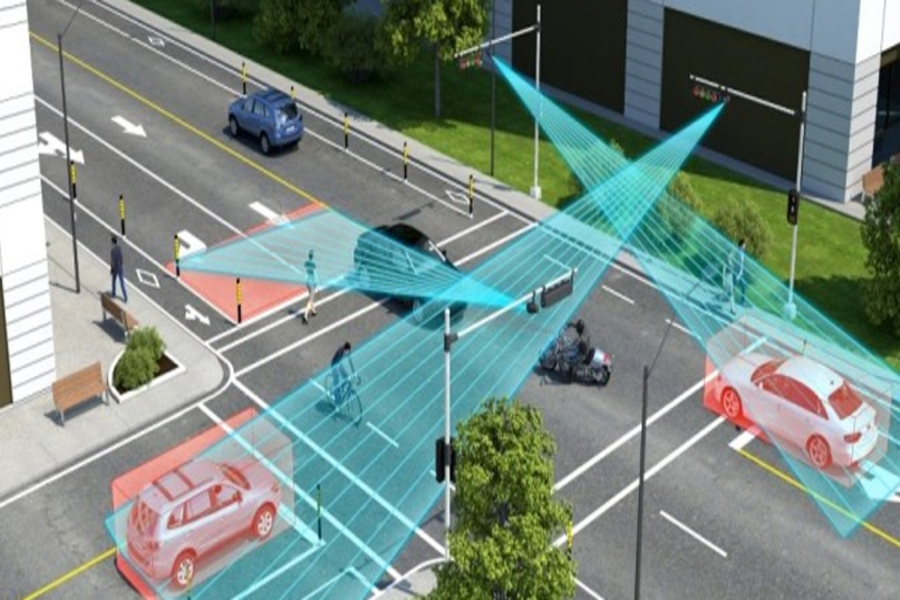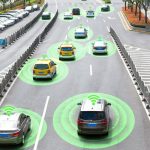In the modern era, transportation technology has become an integral part of our lives. It has revolutionized the way we travel, conduct business, and interact with the world. However, like any other technological advancement, it is not devoid of drawbacks. This article aims to shed light on the disadvantages of transportation technology, providing a comprehensive understanding of its potential pitfalls.
- Environmental Impact:
One of the most significant disadvantages of transportation technology is its detrimental impact on the environment. Vehicles, whether they are cars, trucks, or planes, emit greenhouse gases like carbon dioxide and methane, contributing to global warming and climate change. Even electric vehicles, touted as a green alternative, have their environmental drawbacks. The production of their batteries requires rare earth metals, the extraction of which can lead to soil erosion, deforestation, and pollution of water sources.
- Economic Implications:
Transportation technology can also have economic disadvantages. The cost of developing, implementing, and maintaining advanced transportation systems can be astronomical. For instance, high-speed rail networks and smart highways require significant investment, which can strain public finances and lead to increased taxes or public debt. Moreover, the shift towards automation in transportation could lead to job losses in sectors like trucking and taxi services.
- Safety Concerns:
While advancements in transportation technology have undoubtedly improved safety, they also introduce new risks. Autonomous vehicles, for instance, are susceptible to hacking, which could lead to accidents. Moreover, the reliance on complex technology can sometimes lead to catastrophic failures, as seen in the Boeing 737 Max crashes.
- Social Disparities:
Transportation technology can exacerbate social inequalities. Access to advanced transportation services is often concentrated in urban and affluent areas, leaving rural and low-income communities behind. This digital divide in transportation can lead to reduced mobility and opportunities for these disadvantaged groups.
- Dependence on Technology:
Lastly, the increasing reliance on transportation technology can lead to over-dependence, reducing our ability to navigate and travel without technological assistance. This dependence can be problematic if the technology fails or is inaccessible.
In conclusion, while transportation technology offers numerous benefits, it is essential to be aware of its potential disadvantages. Policymakers, businesses, and individuals must strive to mitigate these drawbacks through sustainable practices, inclusive policies, robust security measures, and balanced use of technology.


Average Rating